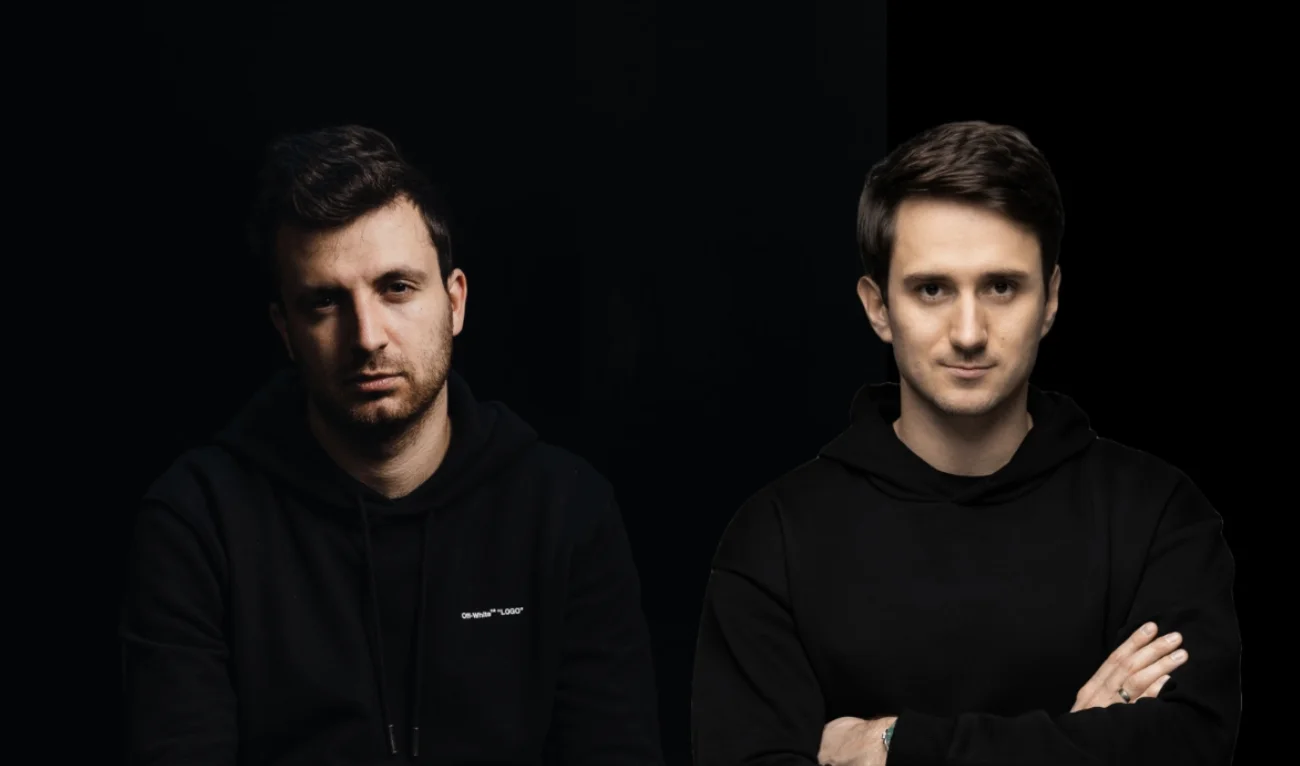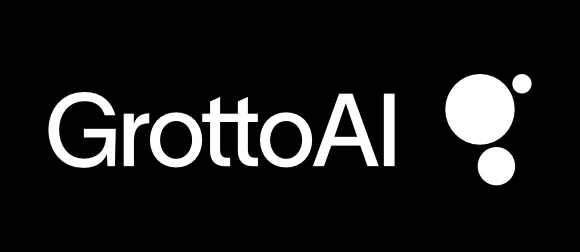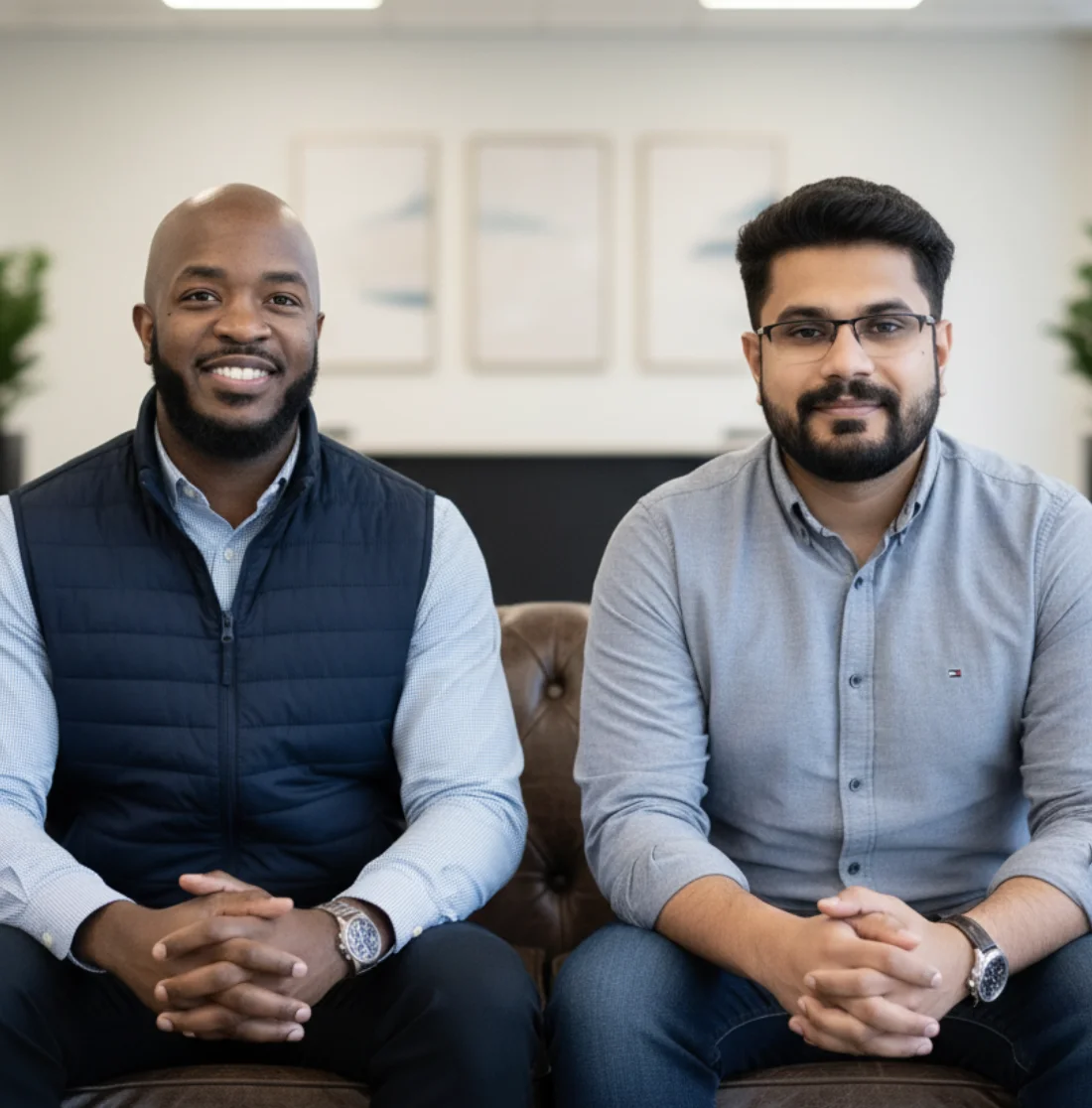Recently, Lester Holt sat down at the Aspen Ideas Festival with OpenAI CEO Sam Altman and the co-founder and CEO of Airbnb, Brian Chesky. They discussed the race to develop artificial intelligence (AI), its benefits and its impacts on society. Altman and Chesky provided their views into how AI is shaping the future, addressing concerns and highlighting potential.
When asked about the current reach of AI, Altman remarked: “I would bet most of this audience has interacted with AI today. There are people who use ChatGPT and you kind of know when you’re using that or not, but AI is integrating into all of their other services.” This statement underscored the pervasive yet often unnoticed influence of AI in our daily lives.
“I think there will be many thresholds that AI crosses. We used to think about it as reaching this moment of AGI, but now we see it as a series of thresholds,” Altman reflected on the significant milestones AI has achieved recently, as he mentioned the practical applications, such as a partnership with Callor Health using GP4 for cancer screening and treatment plans, indicating AI’s growing role in healthcare.
Chesky echoed Altman’s views on AI’s ubiquitous future.
“AI is just going to be completely embedded in everything that we do,” said Chesky, seeing a transformative future for Airbnb, where AI will understand users better, offering personalized experiences by comprehensively understanding their preferences and desires. “Imagine a system that understands you better and matches you to people, communities, services, and experiences,” Chesky elaborated.
However, Holt pointed out the fears associated with AI, including deep fakes and misinformation, especially in the context of upcoming elections. Altman acknowledged these concerns.
“This will be the first election where AI is a major technological element,” said Altman. “Preventing issues like deep fakes and ensuring accurate information is crucial.” He stressed the importance of regulation and responsible use of AI technology to mitigate potential misuse.
Altman also addressed the ethical responsibility of AI developers, stating: “We need to figure out new economic models where the whole world gets to participate. It’s important to have a legitimate decision-making process and promote stability in the world amidst all this change.” He paid attention to the need for transparency and societal engagement in shaping AI’s impact.
Holt further questioned the impact of AI on jobs and the economy.
Chesky acknowledged the transformative potential of AI but reassured that it would create new opportunities.
“AI can bring people together and solve significant problems. It can lead to scientific discoveries, improve education and enhance creativity,” Chesky noted, believing that AI will augment human capabilities rather than replace them, fostering innovation across various fields.
The conversation also touched upon the controversy surrounding the recent firing and reinstatement of Altman at OpenAI. Altman explained: “It was a super painful experience, but it highlighted the anxiety around AI’s future. People are nervous about how AI will continue to develop, and it’s essential to earn trust and ensure robust safety measures.”
Despite the challenges, Altman remains optimistic about AI’s potential. He shared his vision for the future.
“We hope to put tools into the world that continue to delight people and help them achieve their best,” he said. “AI will enable incredible advancements, and I am very excited about the positive impact it will have.”
Addressing the concern over AI’s transparency, Altman stated: “We try to be very loud in our calls for regulation to prevent misuse. We want to set a good example in our products and services, ensuring they are used responsibly.” He underscored the importance of collaboration between tech companies and governments to create a balanced regulatory framework.
Altman and Chesky believe in AI’s future, one where it becomes an integral part of our lives, enhancing our capabilities and solving complex problems. They stressed the importance of responsible development, transparency, and societal involvement in ensuring AI’s benefits are maximized while mitigating potential risks. As Chesky aptly put it: “At the end of the day, it’s not the technology, it’s the people with the technology. It always comes down to the people, their values, and whether they are good people.”
This interview looked into the future of what AI is going to change and the challenges that come with it. As we stand on the brink of a great technological transition, insights from leaders like Altman and Chesky can prove very valuable in helping us navigate that rugged terrain.
Featured image: Credit: NBC






